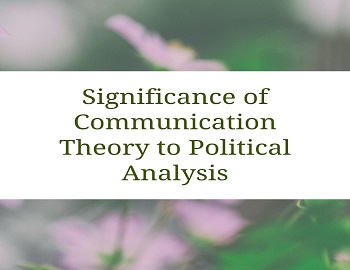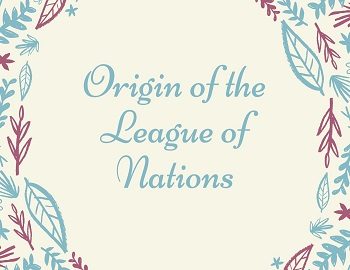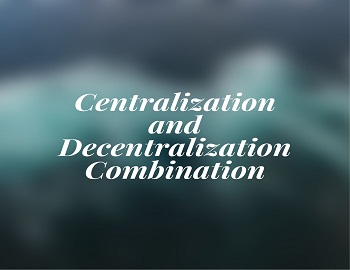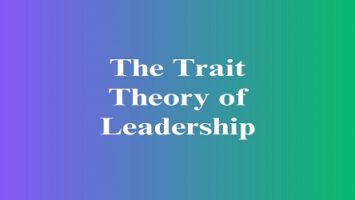Significance of Communication Theory to Political Analysis:
Karl W. Deutsch has tried to apply the communication theory and cybernetics to the study of international politics. Oran Young is of the opinion that this theory of political analysis has not yet attained that degree of maturity as has been the case with regard to other theories. Even then, some success has been achieved. In the first place, the communication approach seeks to highlight the decision-making process and not the outcome or the consequences of the decisions. This theory brings out clearly the underlying forces and factors that operate in the decision-making process. Young says, “In addition, it is certainly related to the emphasis of the approach on decision-making as a process rather than on the result or consequences of the decision. As a result the approach rather tends to focus on flows of information and on the forms of various structures rather than on the sustenance of either”.
Communication flows and linkages provide meaningful clues to the degree of integration, cohesiveness and development of a society. Karl Deutsch comments, if we think of a state or political system as a network of such channels and of chains of command, we can measure the integration of individuals in a people by their ability to receive and transmit information on a wide range of different topics with relatively little delay or loss of relevant detail. “What distinguishes a modern developed system from a traditional system,” remarks Gabriel Almond, “is the fact that in the modern system the specialized structure is more elaborate, and that it penetrates unspecialized or intermittent structures of political communication. Traditional or primitive political communication is performed intermittently by kinship lineage, status and village groups. Specialized media of communication are present only to a limited degree if they are present at all”.
Highlighting the significance of the communication approach in the political system, Gabriel Almond further says that it is the degree of development of the communication system that distinguishes a democratic setup from an authoritarian setup. In the former, information flows from one end to the other quite freely and there operate a large number of channels of communication, whereas in the latter the whole communication system is choked by the authoritarian approach to the ruling elite. Totalitarian communication directs the flow of information to a single culture and limits the outflow of communication to the purpose of the communist elite. Thus, only that elite has the necessary information on the basis of which it can calculate, devise strategies, control and eliminate anomic potentialities. A democratic system provides for a relatively free multi-directional flow of information, thus making it possible for all the structures to calculate and act effectively.
The communication theory further seeks to study the phenomenon of system growth. According to Karl Deutsch, growth means physical growth in terms of the production of goods on the one hand and the increase of population on the other. It also means that there should be enough resources, growth of autonomy or self-determination and the system’s developed capacity to change its goals and to pursue these goals effectively. Thus, this theory helps not only the evolutionary development of the system but also its subsequent change. In the words of Karl Deutsch “If we accept provisionally this sketch of the criterion of growth, politics can contribute much to fulfil them. If we define the core area of politics as the area of enforceable decision then politics becomes the method par excellence for securing preferential treatment for messages and commands and for the re-allocation of human or material resources. Politics, thus, appears as a major instrument for either retarding or accelerating social learning and innovation”.









Comments (No)